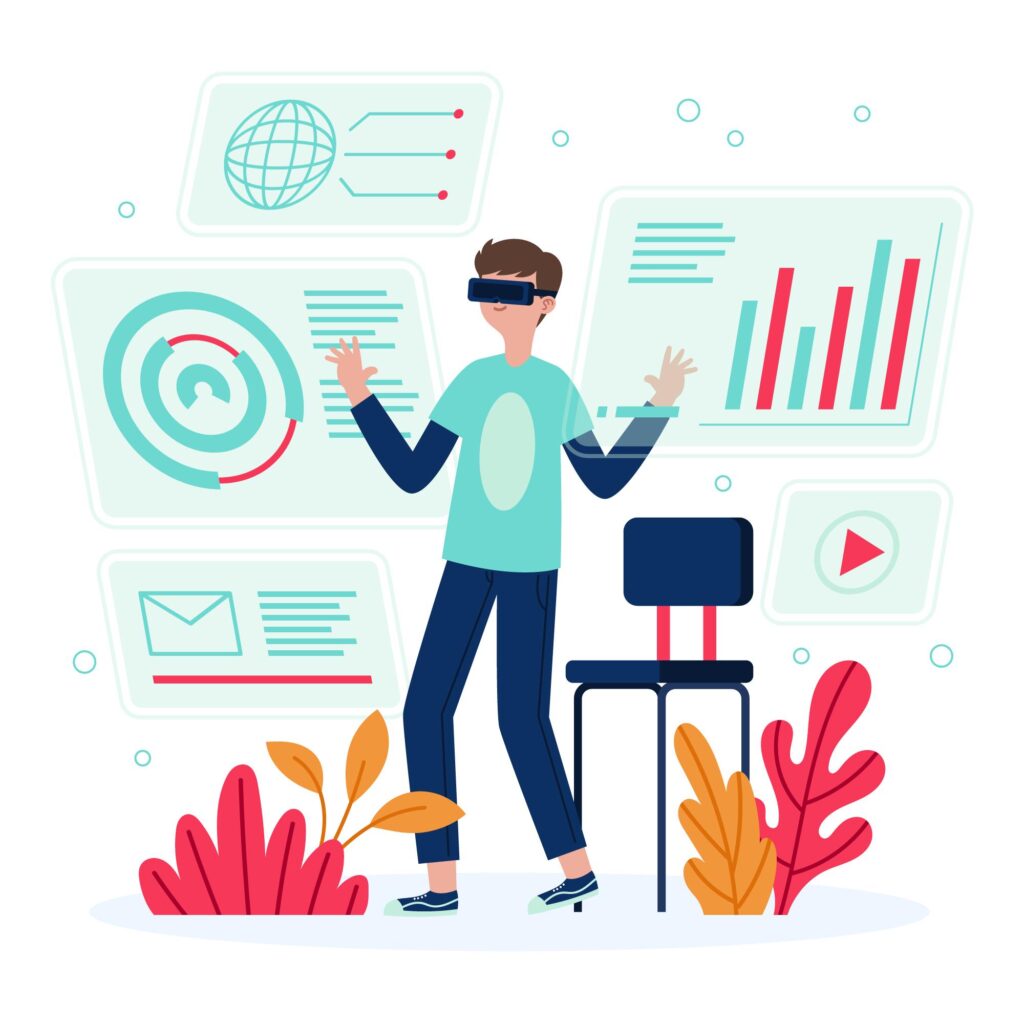The Future of ERP in the Textile Industry: Trends and Innovations
The textile industry is one of the oldest and most essential industries in the global economy. Over the years, it has evolved from manual labor to automated processes, and now, technology plays a crucial role in its operations.
One of the most significant technological advancements have been the adoption of ERP (Enterprise Resource Planning) systems. As per reports, the global ERP market is fast growing and is expected to cross USD 96 billion by 2032!
These systems help textile companies manage everything from production to supply chain management. As we look ahead, understanding the future of ERP in the textile industry becomes vital for businesses aiming to stay competitive.
Existing ERP Capabilities in the Textile Industry

The existing ERP systems available on the market are capable of offering integrated solutions that streamline processes, reduce costs, and improve efficiency.
Interestingly, the manufacturing industry, including textiles, hold the maximum share of the ERP software market – as high as 47%! This explains why today several textile companies rely on these systems to manage their operations effectively.
But what are the ERP capabilities that are not only simplifying operational challenges for textile manufacturers but also shaping the future of ERP? Let’s take a look at them!
1] Cloud-Based Solutions
- These systems allow companies to access their data and manage operations from anywhere in the world.
- The flexibility offered by cloud-based ERP is particularly beneficial for textile companies with multiple locations or global supply chains.
- With real-time updates and seamless communication, cloud-based solutions ensure that all departments are aligned and functioning smoothly.
2] Advanced Data-Driven Analytics
- Modern ERP systems offer advanced data-driven analytics that help companies make informed decisions.
- These analytics tools can analyze large volumes of data to identify trends, predict demand, and optimize inventory management.
- By leveraging data, textile companies can reduce waste, improve product quality, and meet customer demands more effectively.
3] Mobile ERP Solutions
- Mobile ERP solutions allow employees to manage tasks, access information, and make decisions on the go.
- This is particularly useful for managers who need to oversee operations remotely or sales teams who require real-time data while meeting with clients.
- Mobile ERP ensures that all critical information is at your fingertips, no matter where you are.
4] API Integration
- The ability to integrate ERP systems with other software applications is essential for textile companies.
- API (Application Programming Interface) integration allows ERP systems to communicate with other tools such as CRM (Customer Relationship Management) software, e-commerce platforms, and more.
- This integration creates a seamless flow of information across different systems, improving efficiency and reducing the chances of errors.
ERP Future Trends for the Textile Industry
As technology continues to advance, the textile industry must keep pace with the latest textile ERP innovations. These trends will shape the future of ERP systems and offer new opportunities for textile companies to enhance their operations.
- AI Integration
As of now, almost 65% of businesses believe Artificial Intelligence (AI) is critical to ERP systems in the textile industry. That’s not all! 16% participants of a recent survey said that they consider embedded AI a ‘must-have’ in their ERP systems.
AI can automate routine tasks, provide predictive analytics, and offer personalized insights to help companies make better decisions.
For example, AI can predict equipment maintenance needs, reducing downtime and improving productivity. By embracing AI, textile companies can stay ahead of the competition and operate more efficiently.

- IoT Integration
The Internet of Things (IoT) is another ERP future trend that will have a significant impact on the textile industry. IoT devices can collect real-time data from machines, vehicles, and other equipment, providing valuable insights into operations.
By integrating IoT with ERP systems, textile companies can monitor production processes, track inventory levels, and even predict equipment failures. This level of visibility will help companies optimize their operations and reduce costs.
- Sustainability and ESG Practices
As environmental concerns become more prominent, sustainability is becoming a key focus for textile companies. This has led to growing popularity of Green ERP systems or ERPs that assist businesses track their environmental impact and reduce waste.
These specialized systems can monitor energy consumption, water usage, and emissions, allowing companies to implement more sustainable practices. By adopting green ERP, textile companies can not only reduce their environmental footprint but also appeal to eco-conscious consumers.
- Enhanced Cybersecurity
As ERP systems become more advanced, the need for robust cybersecurity measures will shape the future of ERP. Cyber threats are a growing concern for all industries, and the textile sector is no exception.
Enhanced cybersecurity will be a critical ERP future trend, ensuring that sensitive business data is protected from unauthorized access. This includes advanced encryption, multi-factor authentication, and continuous monitoring to detect and respond to potential threats.
The textile industry is on the verge of significant technological advancements, with ERP systems at the forefront of this transformation. Understanding and embracing ERP future trends will be essential for textile companies aiming to remain competitive and efficient.
From AI and IoT integration to sustainability and enhanced cybersecurity, the future of ERP in the textile industry is filled with opportunities. By staying ahead of these trends, textile companies can not only improve their operations but also contribute to a more sustainable and secure industry.

